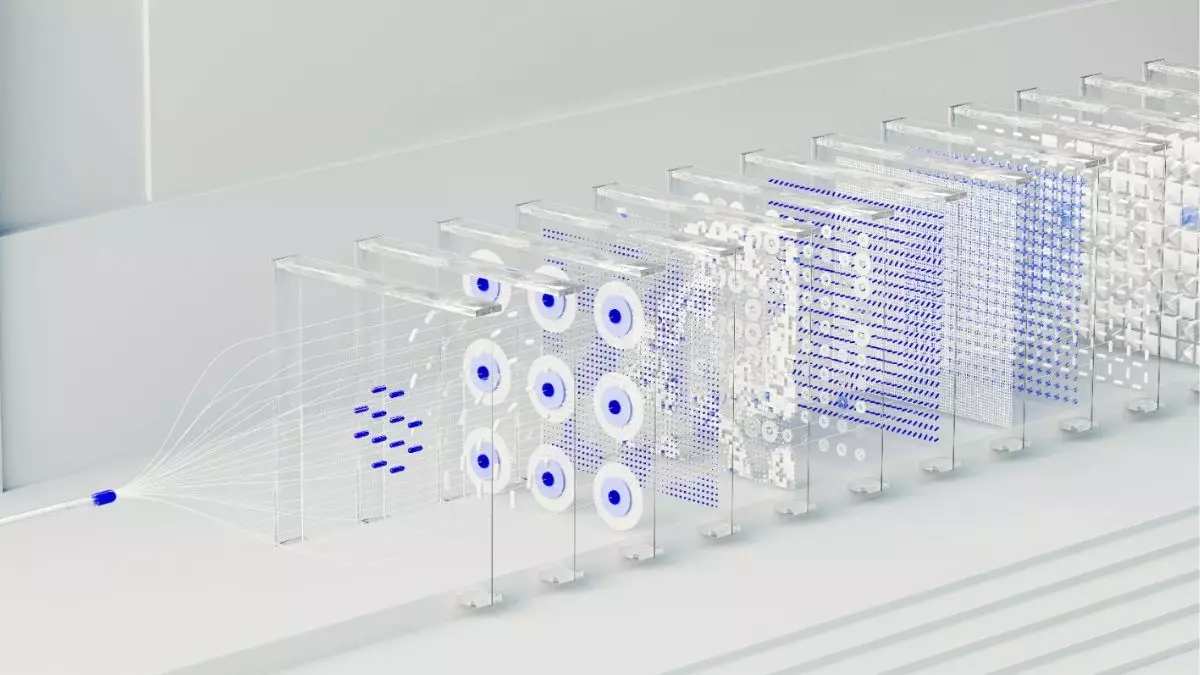In the vibrant tech hub of San Francisco, a groundbreaking startup named Tetsuwan Scientific is pioneering a transformative approach to scientific research through the integration of artificial intelligence (AI) with robotics. Co-founded by CEO Cristian Ponce and CTO Théo Schäfer, the company emerged from its stealth phase in November 2023, following a successful seed funding round. With a vision to redefine scientific exploration, Tetsuwan Scientific aims to automate the entire research process—from hypothesis formation to experimental execution and drawing conclusions.
Tetsuwan Scientific’s foundational mission targets a common inefficiency in contemporary scientific methodologies. Current automation solutions tend to focus on executing a high volume of experiments driven by repetitive tasks, while often neglecting the diverse and complex nature of scientific inquiry. This is largely due to the technical barriers involved in programming existing lab robots to perform specific protocols, which frequently results in a disjointed assembly line mentality rather than a collaborative assistant.
The startup recognizes that harnessing the potential of robotics requires a shift in perspective—robots must be equipped with the capability to comprehend scientific intent. It’s not merely about executing predefined tasks; it is about enabling machines to engage in the scientific process as active participants rather than as mere tools.
In addressing these challenges, Tetsuwan Scientific is banking on advancements in generative AI models. The executive team believes that large language models (LLMs) can effectively bridge the existing software gap by providing a more intuitive way for researchers to communicate their scientific goals to the robots. Instead of intricate programming that often requires immense time and effort, developers would be able to convey complex ideas to their robotic counterparts through succinct prompts, enabling faster and more flexible research methodologies.
In a recent interview, Ponce elaborated on how techniques such as Retrieval-Augmented Generation (RAG) could mitigate the frequent issue of AI hallucinations—incorrect outputs that can arise from generative models—by refining the data these systems rely on for decision-making.
Tetsuwan Scientific distinguishes itself by designing non-humanoid robots, diverging from typical perceptions of robotic assistants. Their prototype, showcased on their website, is a distinctive square glass-like structure, equipped with both advanced AI software and various sensors. These robots are intended to autonomously evaluate experimental results and make necessary adjustments without human oversight, a feature that reflects the startup’s commitment to eliminating bottlenecks in the scientific process.
The robots’ operational capabilities extend to understanding essential technical standards such as calibration, liquid classification, and other critical scientific properties. By assimilating this information, the robots not only learn but can also adapt their experimental designs, fundamentally shifting the paradigm of scientific exploration.
As Tetsuwan Scientific enters its initial development phases, it carries an ambitious vision: to craft fully autonomous robotic AI scientists capable of performing comprehensive scientific procedures and even pioneering new inventions. Although still in the nascent stages, the implications of their work could lead to a revolution in how research is conducted, drastically reducing the time and resources needed for scientific advancements.
The startup’s journey resonates with a broader theme in technology today, emphasizing the intersection of AI and human engagement. With Tetsuwan Scientific’s innovative approach, the future may soon witness a collaborative landscape where artificial intelligence significantly enhances human creativity and problem-solving in scientific endeavors.
The emergence of Tetsuwan Scientific highlights a pivotal moment in scientific evolution. By striving to integrate intelligent AI with versatile robotics, the company not only seeks to address the limitations of current automation systems but also aspires to redefine what it means to conduct scientific research. As they progress towards their goal of creating independent robotic scientists, the scientific community watches closely, anticipating the possibilities that such technologies may unleash in the near future. With Tetsuwan at the helm, the next era of scientific discovery promises to be both exciting and transformative.

Leave a Reply